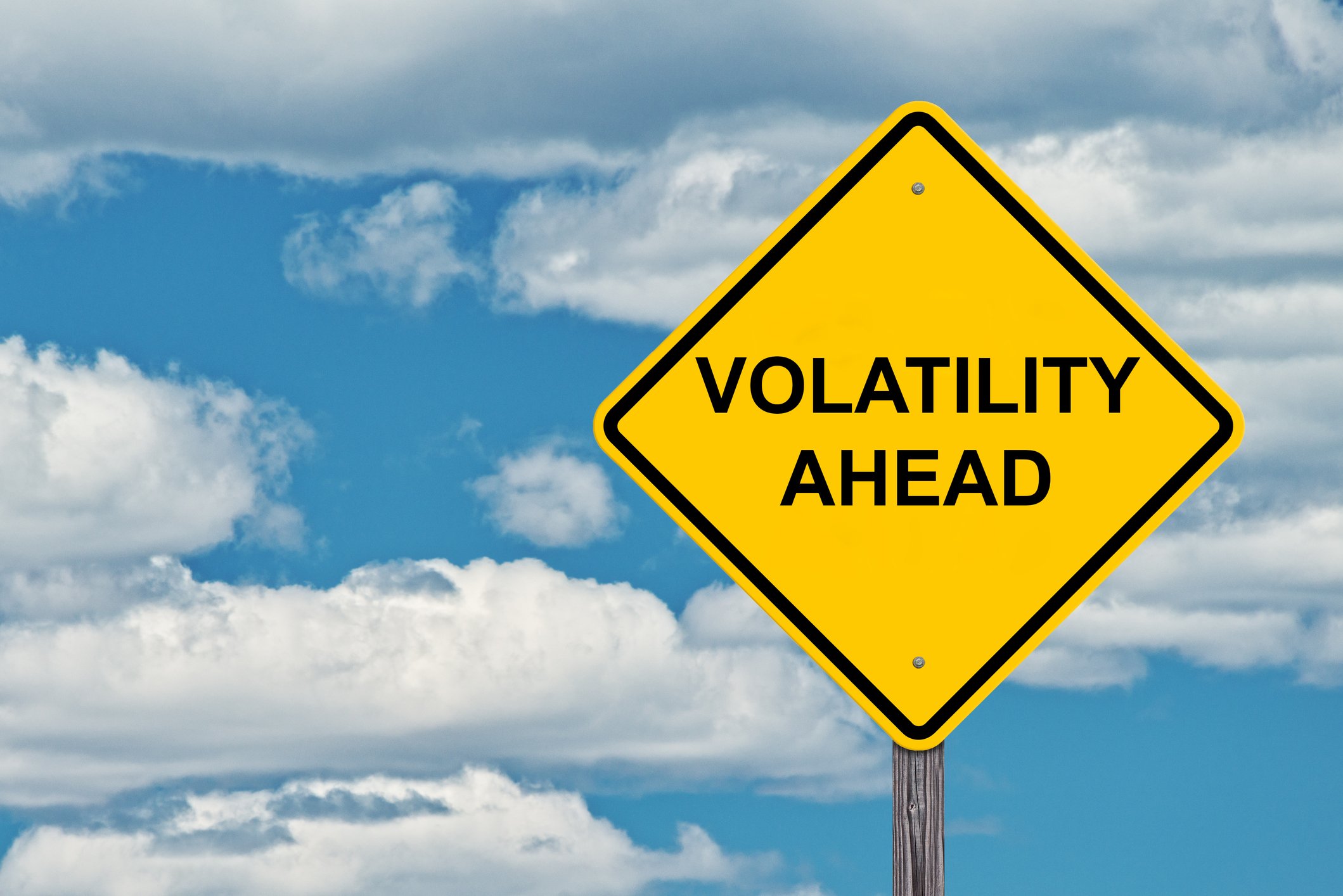The oddball BDC American Capital (ACAS +0.00%) continues to trade at below net asset value. If this were an ETF, it'd be the most obvious buy in all of history.
But it's not an ETF. It's a business development company that owns stakes in private, illiquid companies. Its asset values aren't decided by a liquid, competitive market, making it hard to know if its valuations are accurate at all.
I have a particular love for some of its equity holdings. American Capital Asset Management is extremely lucrative as a fee-generator, and it's probably worth what American Capital says it is. But the other stuff... well, it may not hold up to scrutiny.
The elephant in the room
I'm not much for big macro ideas. I think many can agree that finding great stocks is easier than making predictions about the economy.
With that said, I think it's safe to make some macro predictions. Here's one: Interest rates probably won't be this low forever. And there's a good chance we'll see higher rates in 2014, 2015, or even 2020.
What happens when rates go higher?
Well, for one, valuations will have to come down. A company that makes $10 million per year in a low-rate environment may be worth $100 million. A company that earns the same $10 million when interest rates are 5% might be worth only $70 million.
American Capital's rate sensitivity
Of all the BDCs, American Capital is probably the worst positioned for rising rates, because equity investments make up far more of its balance sheet than those of other companies in its sector. If rates go up, its equity investments will have to be devalued to reflect higher financing costs. As of last quarter, equity investments made up 53% of its holdings.
When I think of BDCs positioned for a rising-rate environment, American Capital doesn't make the cut. Remember, its rivals like Ares Capital (ARCC +2.77%) and Prospect Capital (PSEC 0.38%) have used the last few years to make sure that rising rates benefit their income statements. Both have sought out low-interest, fixed-rate debt to fund investments in floating-rate middle market loans. And both Ares Capital and Prospect Capital have been leveraging their balance sheets, while American Capital has been deleveraging.
Moreover, American Capital has built and maintained a business that thrives on low rates. Its two mortgage REITs, American Capital Agency (AGNC +0.48%) and American Capital Mortgage (NASDAQ: MTGE), perform best when there is little to no volatility in interest rates. Naturally, growth in management fee income requires that investors have the confidence to make leveraged bets on interest rates.
Even today, these two mortgage REITs are trading below book value, which means they won't be raising fresh capital with secondary offerings. In fact, both American Capital Agency and American Capital Mortgage have been buying back stock. This small asset manager has been a main driver of American Capital's NAV growth, swelling to a valuation of $981 million in less than six years.
Equity devaluations are possible
American Capital's equity investments require low rates to keep their high valuations. Every time rates inch up, American Capital will have to increase the discount rate or lower its EV/EBITDA ratios to adjust for bigger opportunity costs. All else equal, that means its portfolio companies will be worth less in a higher-rate environment than they are right now.
So, the massive, gaping hole between American Capital's net asset values and share price can be partially explained by the risk that rates rise between today and the day it cashes in by selling a portfolio company.
It doesn't require a big change in interest rates to have a sizable impact on valuations. Think about it this way: If you need a return of 10% today, you will need a 12% return if rates rise 2%. A perpetual stream of cash loses 16.7% of its value when you move the discount rate from 10% to 12%.
That helps explain why Wall Street isn't giving full value to its investment portfolio. The equity investments have to prove they can withstand rising rates.








